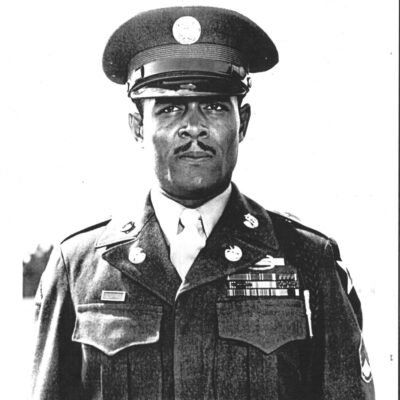Aug 19, 2022
Joshua Hren, author of fiction, non-fiction and poetry,
editor-in-chief of Wiseblood Books, and co-founder of a new Master
of Fine Arts program in creative writing at the University of St.
Thomas in Houston, returns to the podcast to discuss his recent
essay, Contemplative Realism: A Theological-Aesthetical
Manifesto:
As ever, but especially in our
present age of raging post-truth unreality, we ought to heed Pope
Benedict XVI’s summons to “ask rather more carefully what ‘the
real’ actually is.” So-called “realism,” when relegated to material
tangibilities, can blind us—instead of binding us—to things as they
are. “Are we not interested in the cosmos anymore?” Benedict asks.
“Are we today really hopelessly huddled in our own little circle?
Is it not important, precisely today, to pray with the whole of
creation?” If this preeminent mind of our time is not wrong, and
“the man who puts to one side the reality of God is a realist only
in appearance,” then we ought to ask with unflinching intensity and
openness: what is real? Like liturgy, literature asks this question
with a range of forms that answer it very differently. At times,
both art and worship seem to devolve into the manners and mood of
self-referential and inconsequential play, gestures without
meaning, or “bank notes” (says Benedict) “without funds to cover
them.” These too-closed circles of communication wall off
transcendence. In living cruciform liturgy—on the contrary—“the
congregation does not offer its own thoughts or poetry but is taken
out of itself and given the privilege of sharing in the cosmic song
of praise of the cherubim and seraphim.” In living contemplative
literature something analogous happens: we suffer and praise with
the whole of creation; the prose cultivates a grateful disposition,
prompting us to yearn for a vision of the whole.
But this manifesto on behalf of
a “contemplative realism” makes no claims to create, ex nihilo, a new aesthetical species. Nor
does it advance this rough school of literary fish as some
preeminent or sole “way forward” for fiction in our time. Rather,
it seeks to articulate a literary approach that exists already in
diffuse books as well as in the potencies of living artists. It
seeks to gather and galvanize those souls. More than anything, it
yearns to quicken a contemplative realist disposition among as many
comers as possible—literary chops or no. For, in a very bad way (to
borrow from Josef Pieper), “man’s ability to see is in
decline.” (Publisher’s description)
Links
Read a short version of the manifesto https://benedictinstitute.org/manifesto/
Buy the full version of Contemplative Realism
https://www.amazon.com/Contemplative-Realism-Theological-Aesthetical-Joshua-Hren/dp/1951319567
Wiseblood Books https://www.wisebloodbooks.com/
MFA program in creative writing at UST
https://www.stthom.edu/Academics/School-of-Arts-and-Sciences/Division-of-Liberal-Studies/Graduate/Master-of-Fine-Arts-in-Creative-Writing/Index.aqf?Aquifer_Source_URL=%2FMFA&PNF_Check=1
This podcast is a production of CatholicCulture.org. If you like
the show, please consider supporting us! http://catholicculture.org/donate/audio





